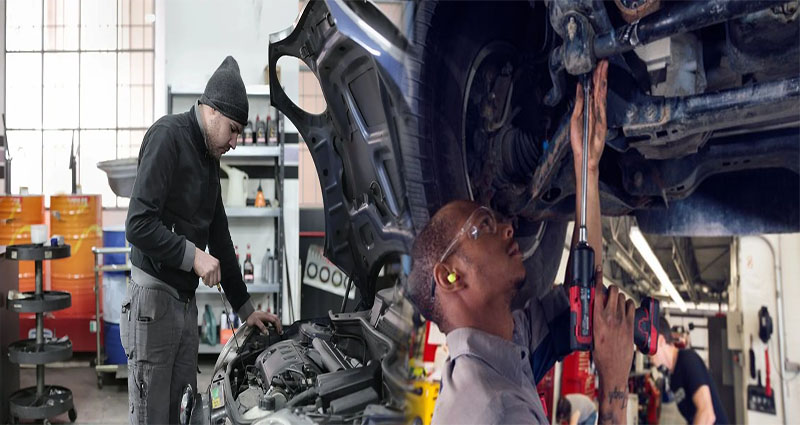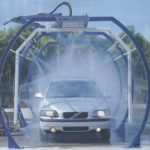Vehicle inspections are a crucial part of maintaining safety and ensuring the optimal performance of automobiles. Whether it’s a routine check-up or a thorough examination following a repair, conducting vehicle inspections requires the skills and attention to detail of an automotive technician. In this article, we will explore the responsibilities of a detail-oriented automotive technician when it comes to conducting vehicle inspections.
Comprehensive Visual Inspections
One of the primary responsibilities of an automotive technician is to perform comprehensive visual inspections of vehicles. This involves meticulously examining every aspect of the vehicle’s exterior and interior, looking for signs of damage, wear and tear, or any potential safety hazards. A detail-oriented technician will carefully inspect the body, paintwork, tires, lights, mirrors, windows, and other exterior components to ensure they are in proper working condition.
Moving inside the vehicle, the technician will inspect the interior for upholstery damage, seat belts, dashboard, pedals, and controls, checking that all components are intact and functioning correctly. Attention to detail is crucial during these inspections as even the smallest issue could impact the performance and safety of the vehicle.
Systematic Diagnostic Testing
In addition to visual inspections, automotive technicians are responsible for conducting systematic diagnostic testing as part of vehicle inspections. This involves using specialized equipment and tools to perform a series of tests on various systems within the vehicle. These tests can include checking the engine performance, fuel system, electrical systems, suspension, brakes, and more.
A detail-oriented technician will follow a systematic process, carefully evaluating each system and documenting any abnormalities or concerns. This attention to detail ensures that no potential issue goes unnoticed, allowing for early detection and timely repair or maintenance.
Documentation and Communication
A crucial aspect of conducting vehicle inspections as an automotive technician is proper documentation and clear communication. A detail-oriented technician understands the importance of accurately documenting their findings, including any issues discovered, repairs made, and recommendations for further maintenance or repairs. This documentation is critical not only for the technician’s reference but also for the vehicle owner and other members of the repair team.
Clear communication is equally vital. A detail-oriented technician will effectively communicate their inspection results to the vehicle owner or service advisor, ensuring that they understand the current condition of the vehicle, any necessary repairs, and the associated costs. Effective communication builds trust and allows for informed decision-making regarding the vehicle’s maintenance and repair needs.
Conducting vehicle inspections requires the expertise and attention to detail of a detail-oriented automotive technician. From comprehensive visual inspections to systematic diagnostic testing, every aspect of the vehicle must be meticulously examined to ensure safety and optimal performance. Proper documentation and clear communication further enhance the technician’s responsibilities, ensuring that the vehicle owner fully understands the inspection results and any necessary repairs or maintenance.
If you are entrusting your vehicle to an automotive technician, it is crucial to seek out a detail-oriented professional who values precision and thoroughness in conducting vehicle inspections. By doing so, you can have confidence in the accuracy and reliability of the inspection results, enabling you to make informed decisions regarding the maintenance and repairs of your vehicle.










